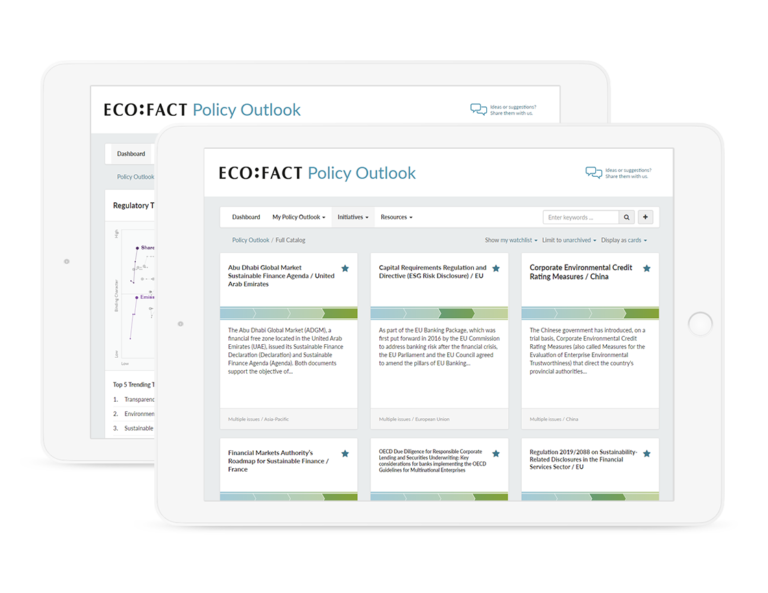Equality in the Workplace
Equality in the workplace has received regulatory attention for quite some time. Italy, for example, has had laws in place requiring companies to disclose gender-related information since 1991. In various jurisdictions, such as France and Germany, companies are obligated to have gender parity in the composition of corporate boards. Last month, the Swiss Parliament approved a law requiring companies with more than 100 employees to conduct salary surveys related to equal pay. And in three months from now (April), UK employers will publish their annual report on the gender pay gap in their workforces.
Lately, there has been a more inclusive attitude towards gender equality in the workplace, and steps are being taken to include vulnerable groups, particularly members of the LGBTI community and minorities.
LGBTI
Several regulatory initiatives are seeking to address this issue, such as the UN Standards of conduct for businesses tackling discrimination against LGBTI people. Moreover, the Spanish and Brazilian Parliaments, backed by civil society organizations, are assessing the creation of laws to introduce legal requirements to tackle discrimination by employers based on sexual orientation and gender identity.
Minorities
The latest regulatory trend in the realm of equality at the workplace is related to the pleas for disclosures on pay discrepancy based on ethnicity. The UK Government, for example, recently held a consultation seeking to gather views on whether employers with more than 250 employees should be required to publish ethnicity pay gap data.
For a complete overview of Policy Outlook initiatives addressing the issue of equality in the workplace, please check the Policy Outlook tool.
 All posts
All posts Contact
Contact



